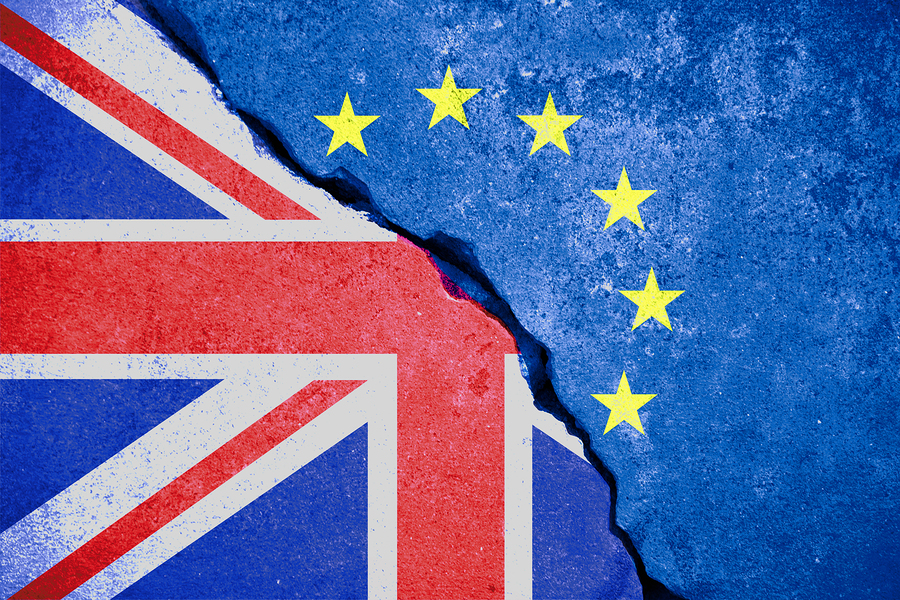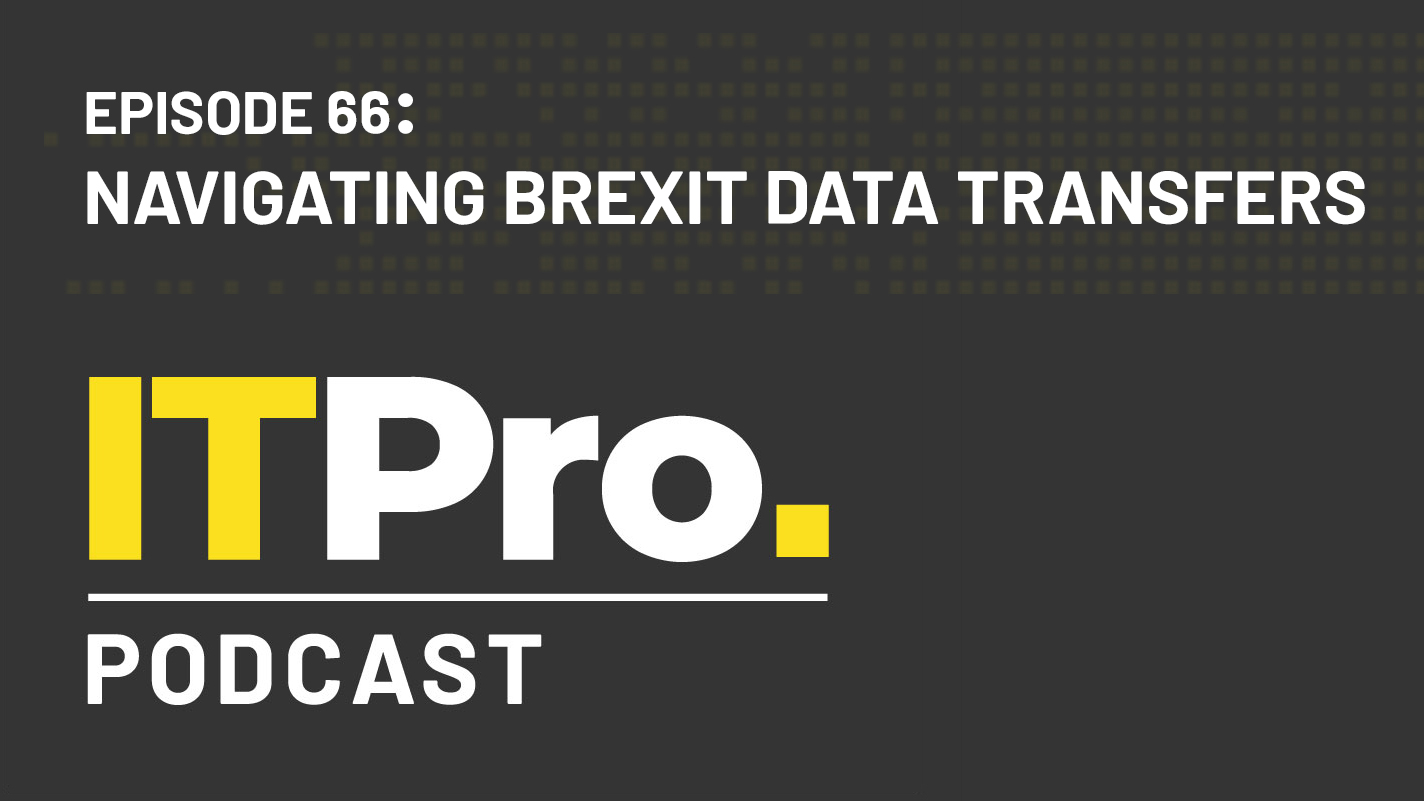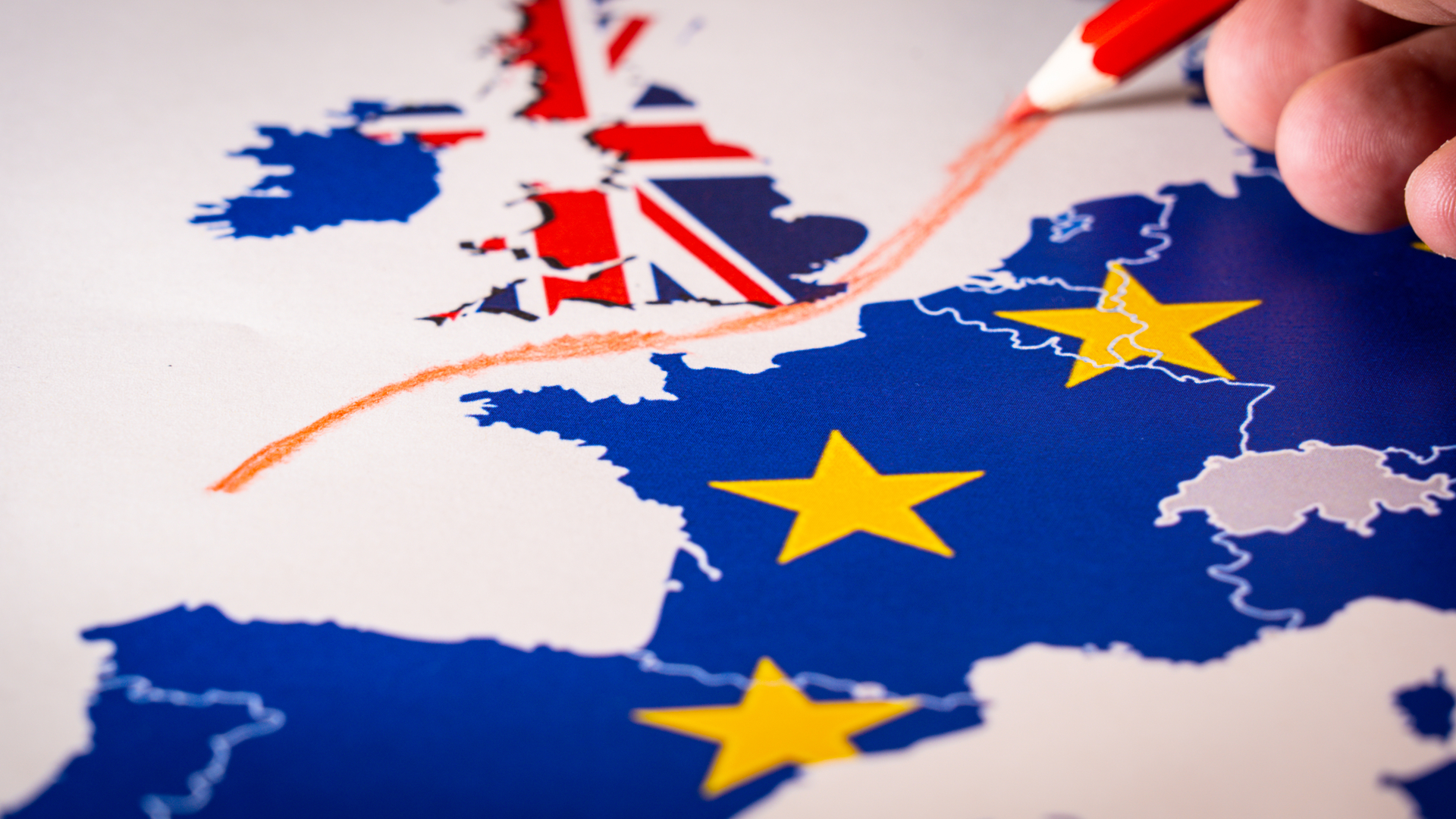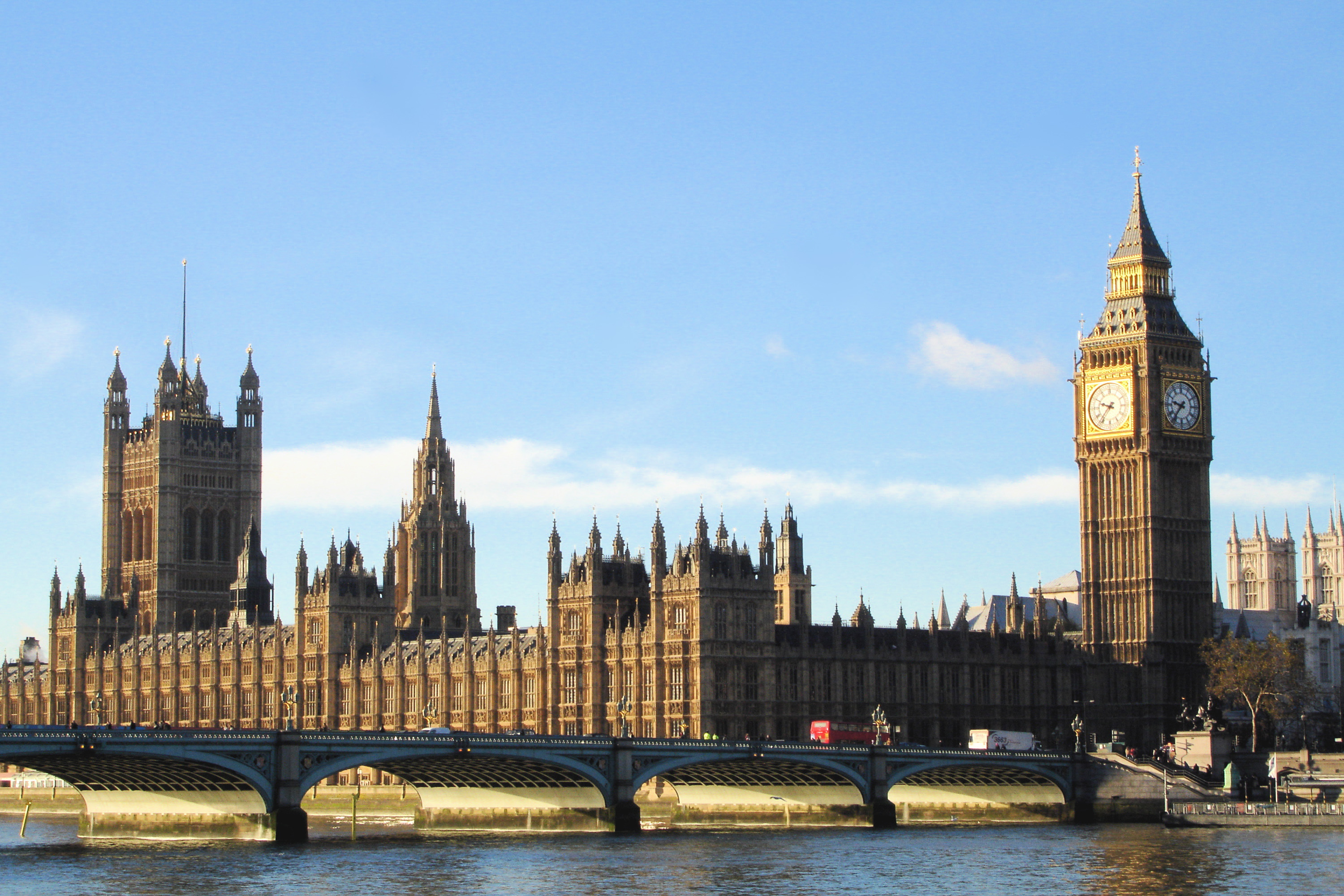CEOs fear Brexit will leave firms out of step with GDPR
Business leaders express concerns over future of data protection

CEOs are concerned that EU privacy rules will impact their ability to do business after Brexit, according to research by KPMG.
In a survey addressing 100 UK CEOs, 60% believed that their ability to do business will be impaired once Brexit takes place, if British privacy rules are not aligned with the incoming General Data Protection Regulation (GDPR).
Mark Thompson, global privacy advisory lead at KPMG, said: "The worry amongst this cohort of CEOs is understandable. Once GDPR is enforced, it will fundamentally alter the way we live, work and interact with technology, organisations and each other. This revolution will transform the scale, scope and complexity of personal information processed, with personal information being a core component of everything we do."
Ever since the European Commissionconfirmed the new privacy rules in April 2016to increase users' control over their personal data and strengthen data protection policies, many UK CEOs have become concerned that this could negatively impact on their businesses post-Brexit.
Once GDPR is enforced in May 2018,businesses that do not meet these rules will have to either pay sanctions of up to around 16.8 million (20 million), or 4% of their global annual turnover, whichever is higher.
Thompson said: "Whilst the UK is likely to implement the GDPR, Brexit poses some uncertainty on what GDPR will mean to the UK post-Brexit, it is critical to understand that if the UK is going to continue to trade with the EU this free flow of personal information must be maintained. As such we will need to have an 'adequate privacy ecosystem' in operation in the UK which is aligned to the requirements of the GDPR."
In September, the head of information commissioner's office (ICO) Elizabeth Denham toldBBC Radio 4that Britain should adopt the European legislation.
Sign up today and you will receive a free copy of our Future Focus 2025 report - the leading guidance on AI, cybersecurity and other IT challenges as per 700+ senior executives
Denham said: "I don't think Brexit should mean Brexit when it comes to standards of data protection. In order for British businesses to share information and provide services for EU consumers, the law has to be equivalent."
Statements made by the UK government suggest the UK will try to adopt GDPR while negotiating its exit from the EU, but that it is likely to draw up equivalent legislation once it is no longer part of the EU.
Thompson said: "The Information Commissioner's Officeremainsadamant regarding the need for strong, equivalent privacy law in the UK regardless of the outcome of Brexit."
In order to prepare for GDPR after Brexit, Thompson suggested that organisations make significant improvements to their privacy control environment, rethinking the way in which they collect, store and use personal data.
Thompson said some immediate steps that companies could take to prepare for GDPR post-Brexit are to bring the implications of GDPR to the board's attention, understand the state of their current data protection rules, and to draw up a plan on bringing them in line with GDPR.
-
 Asus Zenbook DUO (2026) review
Asus Zenbook DUO (2026) reviewReviews With a next-gen processor and some key design improvements, this is the best dual-screen laptop yet
-
 Pegasystems wants to help you modernize outdated Lotus Notes applications
Pegasystems wants to help you modernize outdated Lotus Notes applicationsNews The Notes to Blueprint tool lets enterprises understand their Lotus Notes estates and get rid of broken workflows
-
 UK devising EU-alternative mechanism for global data sharing
UK devising EU-alternative mechanism for global data sharingNews The mechanism will replace the soon-to-be invalid EU standard contractual clauses
-
 The IT Pro Podcast: Navigating Brexit data transfers
The IT Pro Podcast: Navigating Brexit data transfersIT Pro Podcast The transition period is over – what happens now?
-
 Google to shift UK user data to the US post-Brexit
Google to shift UK user data to the US post-BrexitNews The decision is driven by fears the UK may step out-of-sync with the EU's data protection laws
-
 The EU calls for cyber security pact with post-Brexit UK
The EU calls for cyber security pact with post-Brexit UKNews Debates need to focus on a cooperative data protection plan, according to Brexit negotiator
-
 GDPR and Brexit: How will one affect the other?
GDPR and Brexit: How will one affect the other?In-depth What leaving the EU means for UK data laws and other regulations
-
 UKIP appeals against the ICO's demand for election data details
UKIP appeals against the ICO's demand for election data detailsNews Watchdog wants to establish how parties used people's data in the EU referendum campaign
-
 UK cops to lose access to Europol's cyber crime resources after Brexit
UK cops to lose access to Europol's cyber crime resources after BrexitNews Cyber cops will be on their own once Britain leaves the EU
-
 UK draws up fresh data protection measures for Brexit
UK draws up fresh data protection measures for BrexitNews A new Data Protection Bill will enshrine GDPR principles into UK law